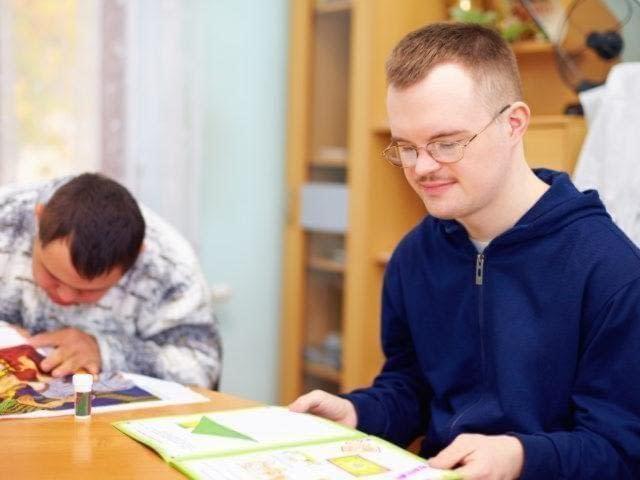Education for Children with Disabilities

Inclusive education is a concept that has gained significant traction in recent years, and rightfully so. It represents a fundamental shift in the way we approach education, emphasizing the importance of providing equal opportunities for all children, including those with disabilities. This article delves into the significance of inclusive education for children with disabilities and the transformative impact it can have on their lives.
Understanding Inclusive Education
Inclusive education is an educational approach that seeks to include all students, regardless of their abilities or disabilities, in mainstream classrooms. It promotes diversity, equity, and the belief that every child has the right to access quality education in a regular school environment. Inclusive education goes beyond mere physical inclusion; it encompasses a holistic approach that caters to the unique needs of each child.
Fostering Social Integration
One of the primary benefits of inclusive education is the promotion of social integration. In traditional educational settings, children with disabilities are often segregated into special education classes, isolating them from their peers. This isolation can lead to feelings of exclusion and stigmatization. In contrast, inclusive education brings children with and without disabilities together, fostering an environment of acceptance, empathy, and understanding.
Enhancing Learning Outcomes
Inclusive education is not just about social integration; it also has a profound impact on learning outcomes. When children with disabilities are included in mainstream classrooms, they have the opportunity to learn from their peers and benefit from a more diverse range of teaching methods. This exposure can enhance their cognitive and social development, leading to improved academic performance and overall growth.
Breaking Down Stereotypes
Inclusive education challenges the stereotypes and biases often associated with disabilities. When children with disabilities are included in regular classrooms, their abilities are highlighted rather than their limitations. This shift in perspective can reshape societal attitudes towards disabilities and promote a more inclusive and accepting society.
Building Self-Esteem and Confidence
Children with disabilities often face significant challenges in building self-esteem and confidence. Inclusive education provides them with opportunities to participate in classroom activities, sports, and extracurriculars alongside their peers. These experiences help them develop a sense of belonging and accomplishment, ultimately boosting their self-esteem and self-confidence.

Preparing for a Diverse World
In today’s globalized and diverse world, the ability to interact and collaborate with people from various backgrounds is a crucial skill. Inclusive education equips children with disabilities with the social and communication skills they need to thrive in a diverse society. It prepares them for a future where inclusivity and diversity are valued assets.
Empowering Parents and Caregivers
Inclusive education not only benefits children with disabilities but also empowers their parents and caregivers. It provides them with a support system within the school community and opportunities to actively engage in their child’s education. This collaboration between parents, educators, and students creates a more holistic and supportive learning environment.
Conclusion
Inclusive education is a vital step towards creating a more inclusive and equitable society. It acknowledges the rights and potential of every child, regardless of their abilities or disabilities. By fostering social integration, enhancing learning outcomes, breaking down stereotypes, building self-esteem, and preparing children for a diverse world, inclusive education offers numerous benefits for children with disabilities. It is a powerful tool for promoting a society where everyone is valued, respected, and given the opportunity to thrive. For additional tips and information about education for children with disabilities, check out their explanation here!



